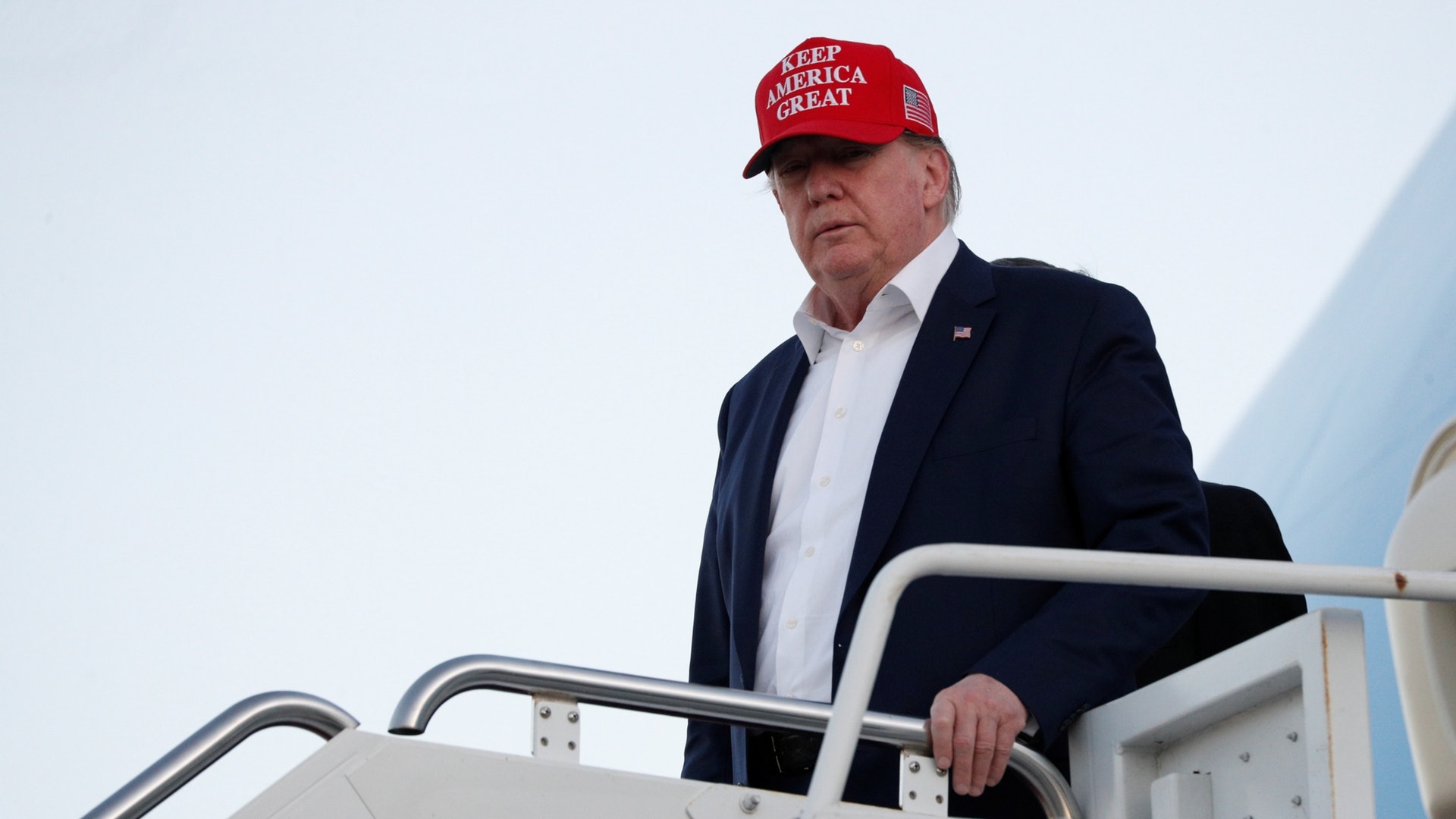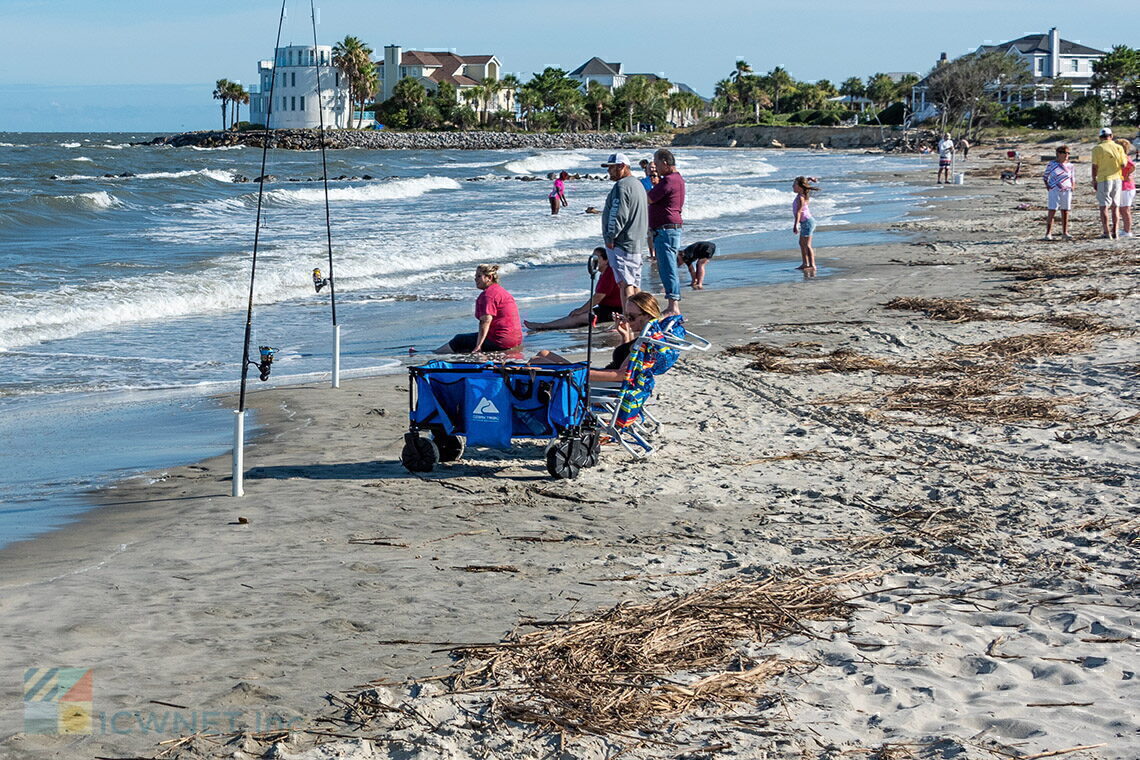CNN quoted sources on Sunday (December 1) that the U.S. House of Representatives Intelligence Committee will circulate members of the investigation report on Trump’s impeachment on Monday (2) and is expected to be on Tuesday (3 Japan) voted on the report and sent it to the Judiciary Committee, allowing the latter to begin its first impeachment hearing on Thursday (4th) as scheduled to determine the charges for Trump’s impeachment provision.
Nadler’s new hatred with Trump
At present, the Democratic Chairman of the Judiciary Committee, Jerrold Nadler, has invited White House agents to defend Trump, interrogate the accusers, present new evidence or call witnesses, and Trump can attend in person or represent his lawyer. Nadler set an invitation deadline for Friday (December 6) at 5 pm for this invitation.
Regardless of the presence of Trump or his representative, the Judiciary Committee will consider whether Trump has “abuse his authority” based on the impeachment investigation report, and use military assistance or a White House visit invitation in exchange for Ukraine’s public investigation of Democratic political opponents; yes Whether it “obstructs justice” and uses White House administrative privileges to prevent others from giving evidence or giving evidence to Congress; it will even consider whether the fact that “Tong Umen” constitutes bribery.
Nadler and Trump have been “hot” because of disputes over the development of New York City’s real estate projects as early as the 1980s, and the former was fortunate to be awarded the “Fat Jerry” Nickname. Nadler’s high-profile invitation to Trump to attend the Judiciary Committee hearing, trapped Trump in a dilemma, created the opportunity for the two 70-year-olds to start fighting again after decades.
The two possible answers to the question “whether to impeach a hearing to defend” are indeed a mixed bag for Trump.
Pros and cons
As Trump has criticized the Democratic-led impeachment investigation for inviting only “Never-Trumpers” to testify, he has not given Trump a “representative lawyer” and no “fair process.” In the new impeachment phase of the progress of the Judiciary Committee, it can be said that Trump’s “three big wishes” were met: its procedure was approved as early as the House of Representatives meeting, Nadler also invited Trump to send a representative lawyer, and Trump One party also has the right to provide written evidence or to call witnesses.
First of all, Trump can certainly take this opportunity to tell the public their “Tong Umen” story by participating in the hearings of the Judiciary Committee, with the cooperation of Republicans in the Judiciary Committee: on the one hand, focus on the suspected Biden father and son On the issue of corruption, on the other hand, he insisted that Trump’s intention to investigate Democrats in Ukraine was aimed at corruption in Uzbekistan, not to find political opponents.
However, this option has two major disadvantages. For one, Trump’s involvement can be regarded as an endorsement of the Democratic-led impeachment process, making it difficult for Trump to criticize this in the future as a political monopoly of the Democratic Party. Second, due to the pattern of interrogation at the hearing, if Trump’s representatives make mistakes in the on-the-spot response or say something that should not be said, it will add variables to the impeachment case, which may undermine Trump’s public opinion battle.
On the other hand, if the Trump side refuses to participate in the hearing, they must find a reason not to attend. Now Trump himself has publicly stated his willingness to meet in person under the verbal challenge of Democratic House Speaker Nancy Pelosi. To testify in the Senate, if he refuses to attend the House hearing, explain his particular dissatisfaction with the House procedures.
Although an avoidance of the House Judiciary Committee hearing may allow Trump to continue to attack the Democratic impeachment investigation with a “factional struggle,” this move may give the Republican One of the Democratic Party members who won in the party base area did not support the downstance through impeachment, allowing them to refuse to support the formal impeachment clause proposed by the party on the grounds that the White House refused to cooperate and the election was approaching. On the other hand, it will not delay the impeachment case until next year and lose conservative votes.
Until now, the Democrats also seem to expect repeated delays in the impeachment case are not a long-term solution, so they have planned to complete the impeachment provision of the Judiciary Committee in the week of December 16 and pass the provision to the House of Representatives for a vote. In order to prevent the Republican-controlled Senate from manipulating the progress of its impeachment trial in accordance with political needs during the 2020 election year, the Democratic Party’s best way out seems to be to let some Democratic conservative areas fail to reverse public opinion. Rep. Has a reason to vote against impeachment-but it requires Trump to “cooperate”.
Trump’s confrontation with Nadler decades ago ended in a mixed defeat: the former failed to dismantle a highway section that hindered its real estate project, and the latter failed to completely prevent Trump’s real estate project from finally being completed on a smaller scale . The war that the two sides have stirred up again may have a similar ending.












